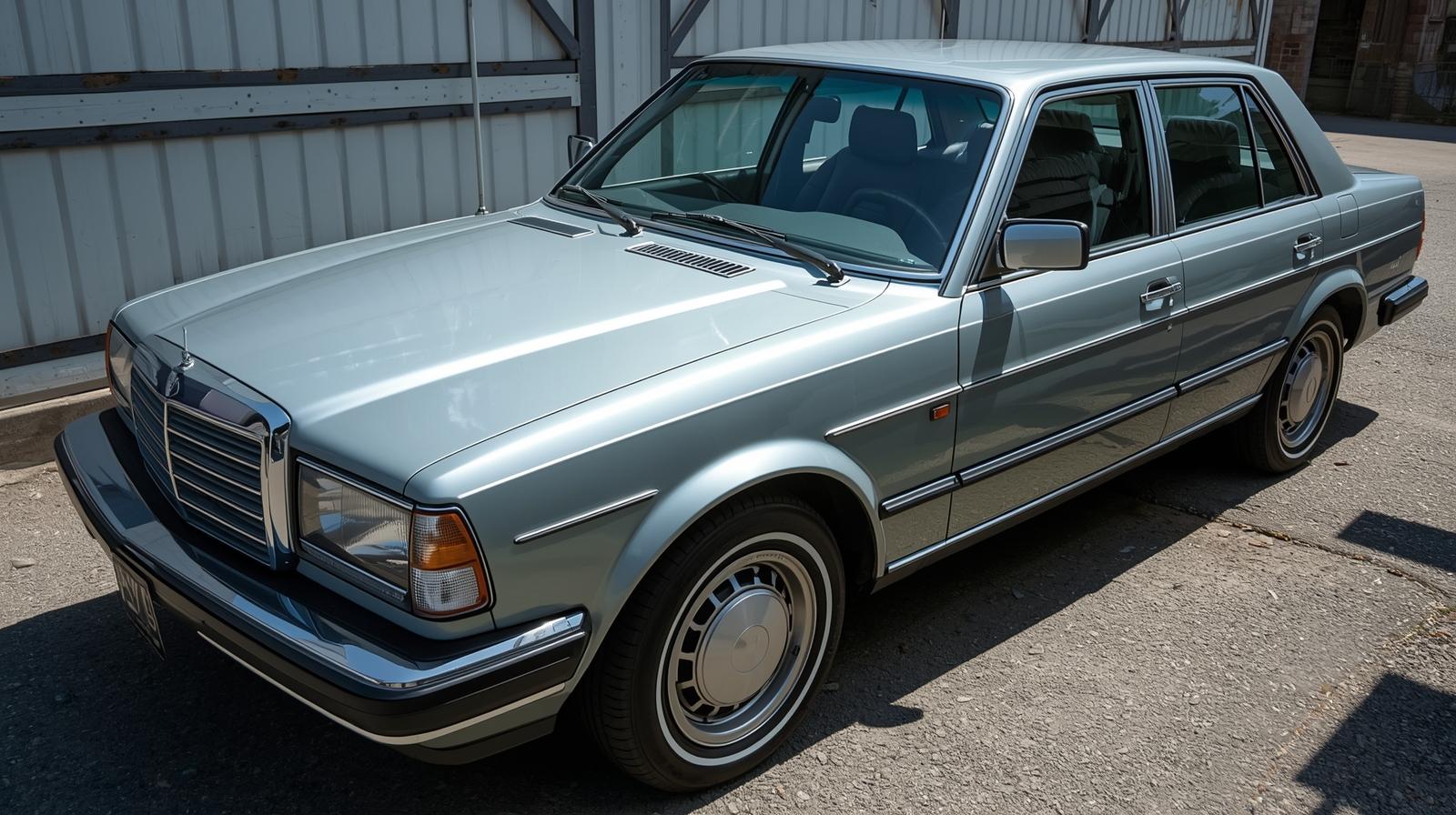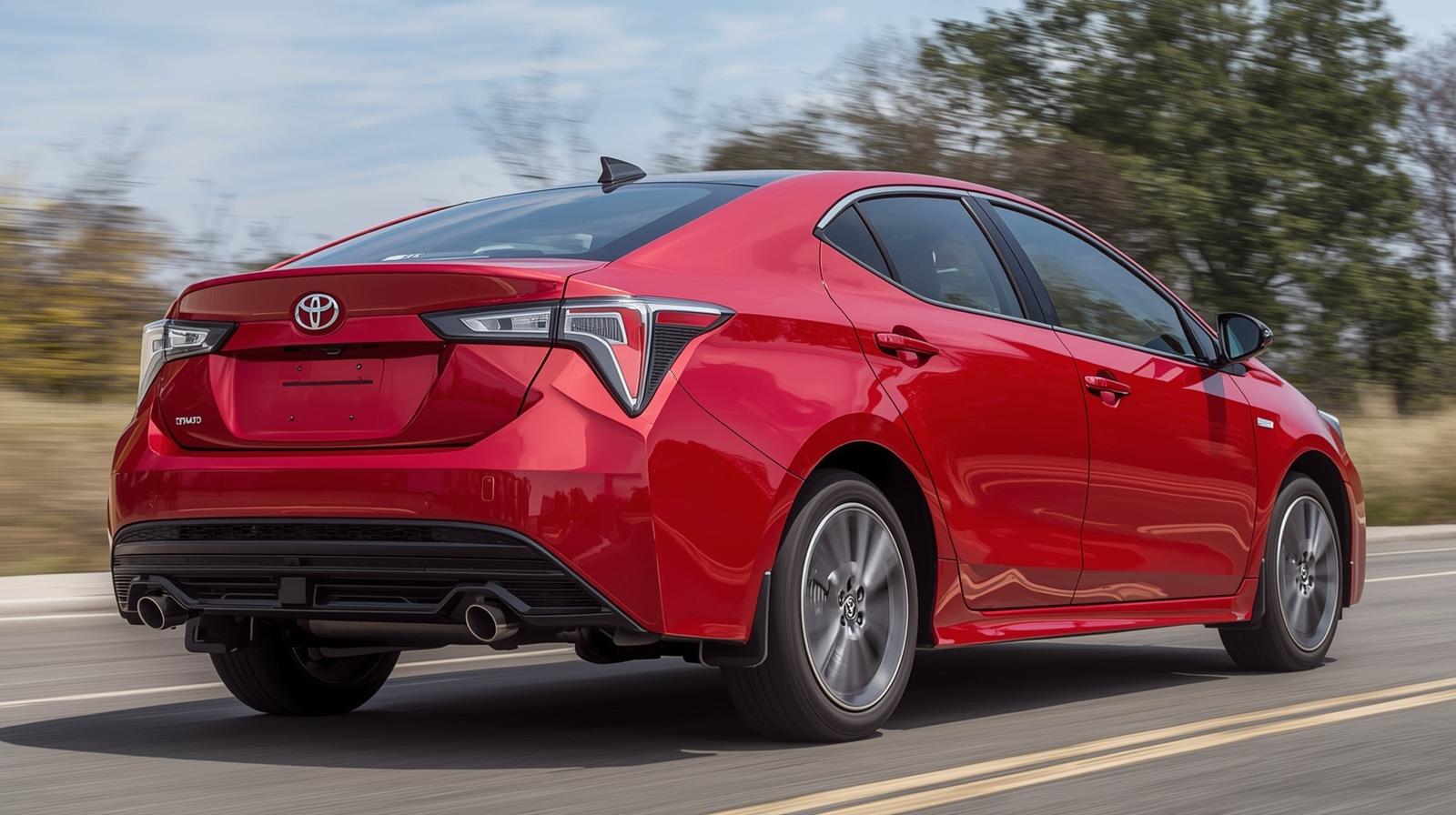Insurance For A New Car: The Key Things You Need To Know
Getting a new car is an exciting time, but for many people, the thought of sorting out their insurance can seem daunting. Whether you're a first-time driver or an experienced motorist, there are some key things to get to grips with when it comes to car insurance.
When looking for your new policy, it pays to shop around and compare quotations to find the best deal. Factors such as your age, the model of your car, your postcode, and your driving record will all affect the cost of your insurance premium.
When looking at quotes, make sure you are honest about your circumstances and have all the facts ready to provide. This is especially important if you're a younger driver, as policies can be expensive due to the risk associated with inexperienced drivers.
Introduction To Insurance For A New Car
A brand-new car is something you'll want to take care of as much as possible, and one way to do that is by getting the right car insurance. But with so many choices out there, it can often be difficult to know where to begin.
After you've got compulsory liability insurance, there are several factors to consider when deciding which coverage is the right fit for you.
If you're a first-time car owner and have just purchased a brand-new car, then you'll want to make sure you select a car insurance policy that covers the cost of your new car's replacement if it is damaged or destroyed.
As new cars aren't normally cheap, being covered for the cost of a replacement can give you peace of mind should the worst happen. The two main types of insurance you should consider after purchasing a new vehicle are collisions.
The Different Types of Insurance Coverage You Should Consider For A New Car
While every state requires you to have automotive insurance for liability, you also require uninsured motorist insurance in some states. If you are looking to insure a new car, the top picks for most motorists are collision and also comprehensive insurance.
Comprehensive insurance is one of the top picks because it covers events that most motorists are faced with regularly but aren't in their control. A brand-new vehicle will be covered under comprehensive insurance if it suffers damage as a result of weather, theft, or vandalism.
While it can be expensive in some locations, comprehensive insurance is often cheaper than collision insurance and covers more events. Due to the price tag of new cars, weighing up the cost of comprehensive insurance with the cost of a new vehicle can be helpful for car owners.
Collision insurance is the other option that many motorists consider when purchasing a new vehicle. Collision coverage will typically cover you if your own driving results in an accident or damage to your car, either through contact with another vehicle or object.
Having a combination of both comprehensive and collision insurance can ensure that you are covered for all eventualities.
Deciding which levels of cover to purchase will depend on a few factors, including the level of risk you are willing to accept and your budget. Ultimately, it pays to shop around and compare quotes from different providers in order to find the best deal that suits your needs.
Adding A New Car To An Existing Policy
One of the best options for saving money on insurance when purchasing a new car is to add it to an existing policy. This will mean that any no-claims bonuses you have earned over the years, as well as discounts for being a loyal customer, can be transferred across to your new vehicle.
Consulting with your current insurance provider can also open up the door to potential discounts, as you may be eligible for cheaper rates if you choose to add a new car to your existing policy.
Once you've made contact with your current provider, you'll be able to better understand what coverage is available to you and the potential savings that could be made. If you aren't getting a very good deal despite being a loyal customer, then it could be worth shopping around for other quotes.
If your driving record isn't the best, you may want to consider looking into nonstandard auto insurance, as this type of coverage. Non-standard auto insurance has much higher premiums which may help you to get cheaper rates if you have a poor driving record.
No matter your circumstances, taking the time to adequately research your insurance options can save you both money and stress in the long term. Taking the right steps when it comes to insuring a new car will ensure that you are properly covered no matter what happens on the roads.
Understanding Deductibles And Other Ways To Reduce Insurance Costs For Your New Car
After you've spent a lot of money on a new vehicle, you won't want to spend too much more on its insurance. However, having the right coverage in place means that you won't be left out of pocket if the worst happens.
One way you can reduce your premiums is by increasing your deductible. Your deductible is a set amount of money that you are required to pay before an insurer begins covering any damage to your car.
By increasing the deductible, you are shouldering a bit more risk, which gives the insurance provider a better piece of mind and should result in lower premiums.
Another way to reduce your insurance costs is by opting for an agreed-value policy instead of a market-value policy.
With an agreed value policy, the amount you receive if your car is written off will be pre-agreed up front with the insurer, meaning that you won't miss out on any money in the event of a disaster. These types of policies aren't always available for new cars, so be sure to check beforehand.
Finally, shopping around for the best deal is one of the most surefire ways to save money on your car insurance. Comparing different policies from different providers can help you find the coverage that is right for you at a well-suited price.
How Can You Save Money On Auto Insurance When Buying A New Car?
If you haven't bought your new car yet, you can find a better idea of the kinds of insurance premiums you'll be paying by researching different models. Insurance companies assign cars to a certain risk category which can give you an idea of the cost before you commit to anything.
Buying a new car is exciting, and it's easy to be tempted to go for a model that you like because of its aesthetics; you should also consider safety features and the type of car when researching automobile insurance.
The better the safety rating for a vehicle, the lower your premiums will be for coverage that is focused on medical expenses. Also, smaller cars and electric vehicles may be able to qualify for much lower rates due to their low emissions or high safety ratings.
If you're already in possession of your new car, there are still plenty of ways to save money on insurance. One useful tip for cutting costs is to look into multi-car discounts if you have a family and are insuring more than one vehicle.
You may also find that some insurers offer discounts for certain safety features, such as anti-theft devices and anti-lock brakes, so it's worth checking what your provider offers in this area.
Taking the time to adequately research your insurance policies can help you find the coverage that is right for you at a price that works within your budget.
Shop around for quotes and explore any potential discounts so that you get the best deal possible and ensure that you have complete peace of mind by knowing that your vehicle is fully protected in case of an emergency.




